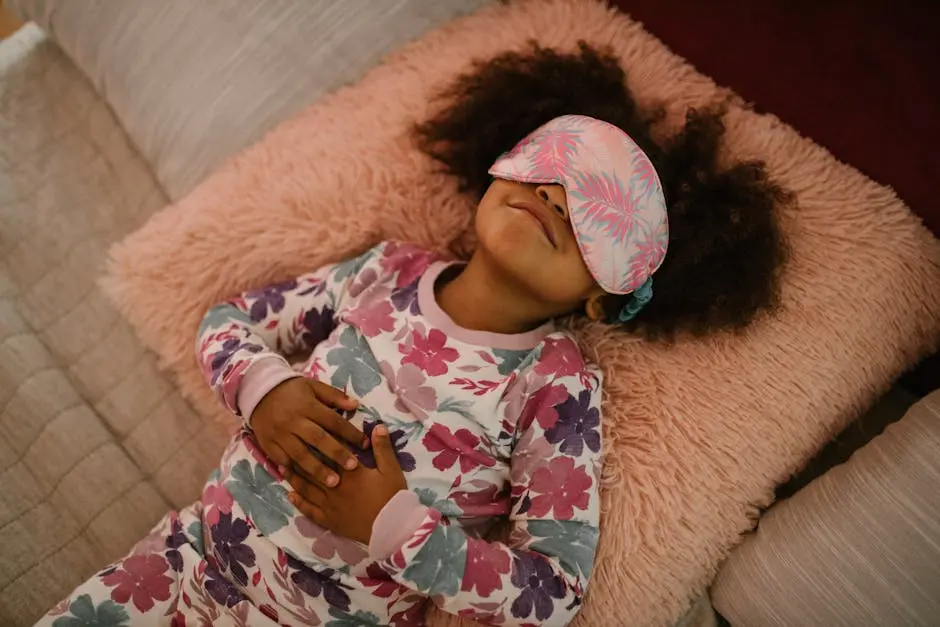
Can Sleep Gummies Cause Side Effects in Kids?
In recent years, sleep gummies have gained popularity as a natural remedy to help children get a better night’s rest. But like any supplement, it’s important for parents to be aware of potential side effects. In this FAQ, we’ll explore whether sleep gummies can cause any adverse reactions in kids and how to ensure their safe use.
Understanding Sleep Gummies
Sleep gummies are chewable supplements designed to assist with sleep. They typically feature ingredients like melatonin, herbal extracts such as chamomile or lavender, and sometimes vitamins, that aim to improve sleep duration and quality. These gummies are particularly appealing to children because they come in various flavors and shapes, making them seem more like a treat rather than medicine.
The journey from bedtime struggles to serene slumber is often fraught with challenges. Amid the chaos, sleep gummies emerge as a beacon of hope for weary parents and restless children alike, promising an easier passage to the land of dreams. Understanding how they work and whether they fit into your child’s routine is crucial for making informed decisions.
Adequate sleep is paramount for children, not just for growth and development, but for their emotional resilience and cognitive abilities. However, establishing a healthy sleep routine can often feel like an uphill battle for parents. Sleep gummies offer a dietary supplement strategy that combines effectivity with ease of use, turning the bedtime tussle into a smoother affair.
Common Ingredients and Their Effects
The main ingredient in many sleep gummies is melatonin, a hormone that plays a crucial role in regulating the sleep-wake cycle. Melatonin levels in the body naturally rise in response to darkness, signaling the brain that it’s time to sleep. In some kids, supplementing with melatonin can be effective, especially during periods of adjustment like Daylight Saving Time.
Aside from melatonin, popular ingredients include magnesium, a mineral that supports muscle relaxation, and herbs like chamomile, known for its calming properties. Products specifically designed for children are often flavored with natural fruit extracts, making them more palatable while maintaining their efficacy.
Potential Side Effects of Sleep Gummies
While generally considered safe, some children may experience side effects from sleep gummies, such as drowsiness, headaches, or an upset stomach. It’s important to monitor any new symptoms after introducing gummies to a child’s routine.
It’s crucial to understand that melatonin is not regulated by the FDA in the same way as prescription drugs, which means that product formulations can vary. This highlights the importance of parental supervision and careful consideration when choosing a brand.
For most children, short-term use of sleep gummies doesn’t pose significant risks. Nevertheless, awareness and consultation with healthcare professionals are advised, as long-term effects remain largely unstudied. Pay close attention if a child exhibits any adverse reactions and discontinue use immediately if such symptoms are observed.
Safe Dosage Recommendations
Dosage can vary based on the age and weight of the child. It’s crucial to adhere to the recommended dosage on the product label or as advised by a healthcare provider to prevent any adverse effects. Generally, experts recommend starting with the smallest possible dose and increasing only if necessary, with proper supervision from a pediatrician.
The standard starting dose for melatonin in children ranges from 0.5 to 1 milligram. Always tailor the dosage to the child’s age, overall health, and specific sleep challenges.
Consulting with a Healthcare Professional
Before giving sleep gummies to children, consulting with a pediatrician or healthcare professional is advised. They can provide personalized recommendations and help determine if sleep gummies are appropriate for your child’s specific needs. Professional guidance ensures that usage is both safe and necessary, considering the child’s overall health profile.
Pediatricians can help address underlying sleep issues, which might include environmental or behavioral factors. Moreover, they can advise on combining sleep hygiene practices—such as regular bedtimes and limited screen use—with the use of sleep gummies, ensuring a holistically healthy approach to improving sleep.
Ensuring Safe Use of Sleep Gummies for Kids
While sleep gummies can be beneficial for kids struggling with sleep issues, it is essential to be informed about their ingredients, dosage, and potential side effects. Always consult a healthcare professional before introducing any new supplement to your child’s routine to ensure their safety and well-being. To explore more about how sleep gummies can transform your child’s bedtime experience, visit our homepage.



